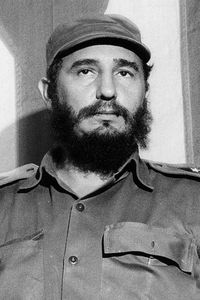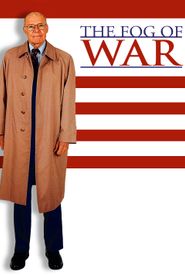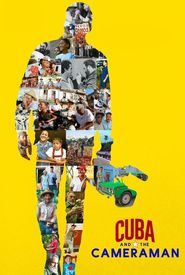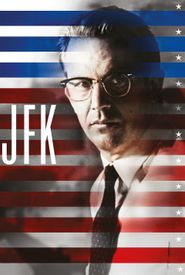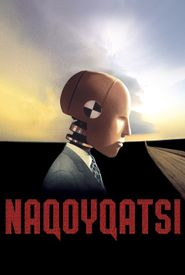Fidel Alejandro Castro Ruz, a trailblazing Cuban revolutionary and statesman, left an indelible mark on the country's political landscape, serving in various pivotal roles for an astonishingly long period of nearly five decades.
Born on August 13, 1926, in the picturesque town of Birán, Oriente, to a prosperous Spanish farmer, Castro's early life was marked by a strong sense of social justice and a deep-seated discontent with the existing social and economic structures.
As he pursued his higher education at the University of Havana, Castro's intellectual curiosity and thirst for knowledge led him to immerse himself in the works of prominent thinkers, ultimately shaping his worldview and influencing his future political ideology.
Castro's studies at the University of Havana played a crucial role in his development as a revolutionary thinker, as he became increasingly disillusioned with the capitalist system and the perceived injustices of the time.
The life of a revolutionary leader, Fidel Castro, was marked by a series of pivotal events that shaped his journey towards becoming a prominent figure in Latin American politics.
He embarked on a path of resistance against authoritarian regimes in the Dominican Republic and Colombia, his determination to bring about change and challenge the status quo burning brighter with each passing day.
The next significant milestone in his life came when he set his sights on overthrowing the government of Cuban President Fulgencio Batista, a move that would have far-reaching consequences for the island nation.
However, his initial attempt to do so, a failed attack on the Moncada Barracks in 1953, led to his imprisonment for a period of one year, a setback that would have discouraged a lesser individual.
Undeterred, Castro used his time in captivity to reflect on his goals and plan his next move, ultimately leading him to Mexico, where he would reunite with his brother Raúl Castro and the charismatic Ernesto "Che" Guevara.
It was here that the 26th of July Movement was born, a revolutionary organization that would go on to play a significant role in shaping the course of Cuban history.
Following his return to the island nation of Cuba, Fidel Castro became an integral figure in the Cuban Revolution, spearheading the Movement's efforts in a protracted and unconventional guerrilla warfare campaign against the authoritarian regime of Fulgencio Batista, which was firmly entrenched in the Sierra Maestra mountain range.
As the tide of the conflict turned in favor of the rebels, Castro's influence and authority continued to grow, eventually culminating in the toppling of Batista's government in 1959. In the aftermath of this pivotal event, Castro assumed the dual roles of military leader and head of government, becoming the Prime Minister of Cuba.
The complexities of the Cuban Revolution necessitated a strategic pivot, as Fidel Castro navigated the treacherous landscape of international politics by forging a robust alliance with the Soviet Union. This symbiotic relationship enabled the Soviets to establish a military presence in Cuba, precipitating the Cuban Missile Crisis of 1962, a pivotal moment in modern history.
Concurrently, Castro undertook a transformative journey, reconfiguring Cuba's political landscape by establishing a one-party, socialist state governed by the Communist Party. This paradigmatic shift was accompanied by the implementation of a range of far-reaching policies, including the introduction of central economic planning, the expansion of healthcare and education initiatives, and the exertion of state control over the press.
Under Castro's leadership, Cuba underwent a profound metamorphosis, as the country transitioned from a fledgling democracy to a stalwart advocate for socialist principles and international solidarity.
